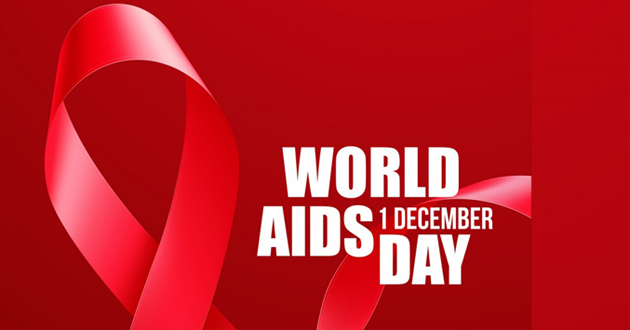1 December 2019
VIENNA, 1 December (UN Information Service) – The world is engaged in a race against time to end AIDS by 2030. With only a decade to go, on this World AIDS Day we must take stock and spotlight solutions, while remembering the millions of people who have lost their lives to AIDS-related illnesses.

Mobilizing global action has made headway. New HIV infections have declined by 16 per cent since 2010. But progress has been unequal and many are being left behind.
Key populations, including people who inject drugs and people in prisons, as well as their sexual partners, accounted for 54 per cent of new HIV infections last year. The 2019 World Drug Report by the United Nations Office on Drugs and Crime (UNODC) shows that 1.4 million people who inject drugs are living with HIV. People in prisons are five times more likely to be living with HIV than adults in the general population.
People who use drugs and people in prisons also lack access to HIV prevention, diagnosis and treatment services. Discrimination and stigma play their part.
Community-led networks can help bridge the gaps in prevention and treatment. This year’s World AIDS Day theme, “Communities make the difference”, recognizes the essential role played by community organizations, led by those they serve, in the AIDS response.
Working closely with countries and within the framework of the UNAIDS Joint Programme, UNODC facilitates meaningful engagement of civil society and community-based organizations in the development, implementation, monitoring and evaluation of HIV programmes for people who inject drugs and people in prisons. In doing so, UNODC promotes health for all, human rights and gender-responsive interventions.
Achieving equality of access to evidence-based HIV services requires law enforcement and justice agencies, prison administrations, community organizations and civil society, as well as the health and social sectors, to work hand in hand. Through its integrated approach, UNODC assists countries in bringing together these different stakeholders to better deliver for key populations.
On World AIDS Day, UNODC joins the powerful global call to support the work of communities to end AIDS and make services available for all those who need them.
